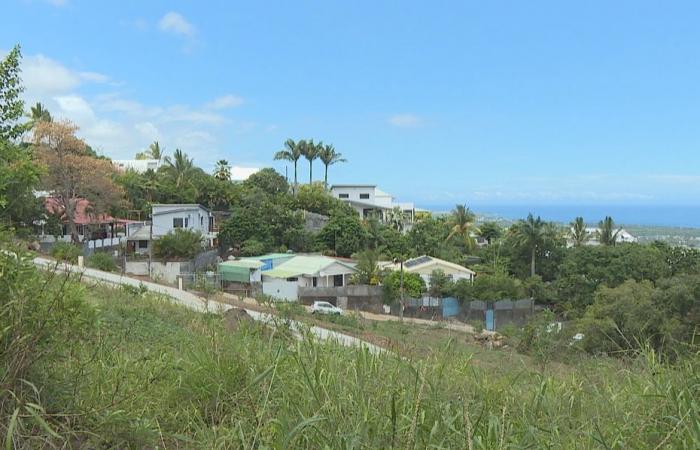With twenty indigenous cases reported since August, the chikungunya virus is making a quiet return to Reunion Island. In L’Étang-Salé, where an outbreak has been identified, this brings up bad memories.
Chikungunya is definitely back. For three weeks, the Regional Health Agency has continued to confirm new indigenous cases, the first in Reunion in a decade.
Mainly in the west and southwest of the island: After two outbreaks identified near Saint-Gilles at the beginning of August, Etang-Salé is the second municipality to be affected by the virus transmitted by the infamous Aedes albopictus , also called “tiger mosquito”.
In L’Étang-Salé-les-Hauts, where three cases were confirmed this month in the Chemin Charbonnier area, we hope not to relive the dark hours of the “chik”.
Watch the report from Réunion La 1ère:
Chikungunya: an active focus at Étang-Salé-les-Hauts
“I had it a few years ago, it was difficult, with a lot of aches, fevers, it was impossible to get up” remembers Aurélie.
“The pain, the fever, in the bones, everywhere… It was bearable for me, but for others I don’t know. But I still have pain in my fingertips.”testifies Léonus.
For the moment, the situation is under control, the egret outbreak is also considered to be extinct with no new cases reported for 45 days. But at this time of year when several viruses with similar initial symptoms are circulating, such as dengue or Covid, it is important to consult your doctor if in doubt.
“Symptoms can progress slowly” recalls Dr François Ronco, general practitioner. “Patients may present with fever, aches, joint pain, retro-orbital pain, but without ENT signs such as cough or runny nose. These are symptoms which require medical consultation, with also biological confirmation”underlines the doctor.
Between 2005 and 2006, chikungunya caused a major epidemiological crisis, with nearly 40% of the Reunion population affected. Normally, people who have already contracted it are safe.
“Patients who have had it a priori are immune for life”notes Dr. Ronco. “But those who have not contracted it for twenty years, such as young people or newcomers, can generate these very disabling symptoms”warns the doctor.
•
©ARS Réunion
Since the end of August, twenty indigenous cases have been verified in Reunion. And the latest testify to continued transmission in active households, as well as the situation of a virus which is gaining ground.
Also, it is more than ever recommended to follow preventive measures, as recalled by the ARS in a new communication campaign dedicated to the prevention of diseases transmitted by mosquitoes: eliminate stagnant water, use mosquito nets and repellents, or consult in case of symptoms.






